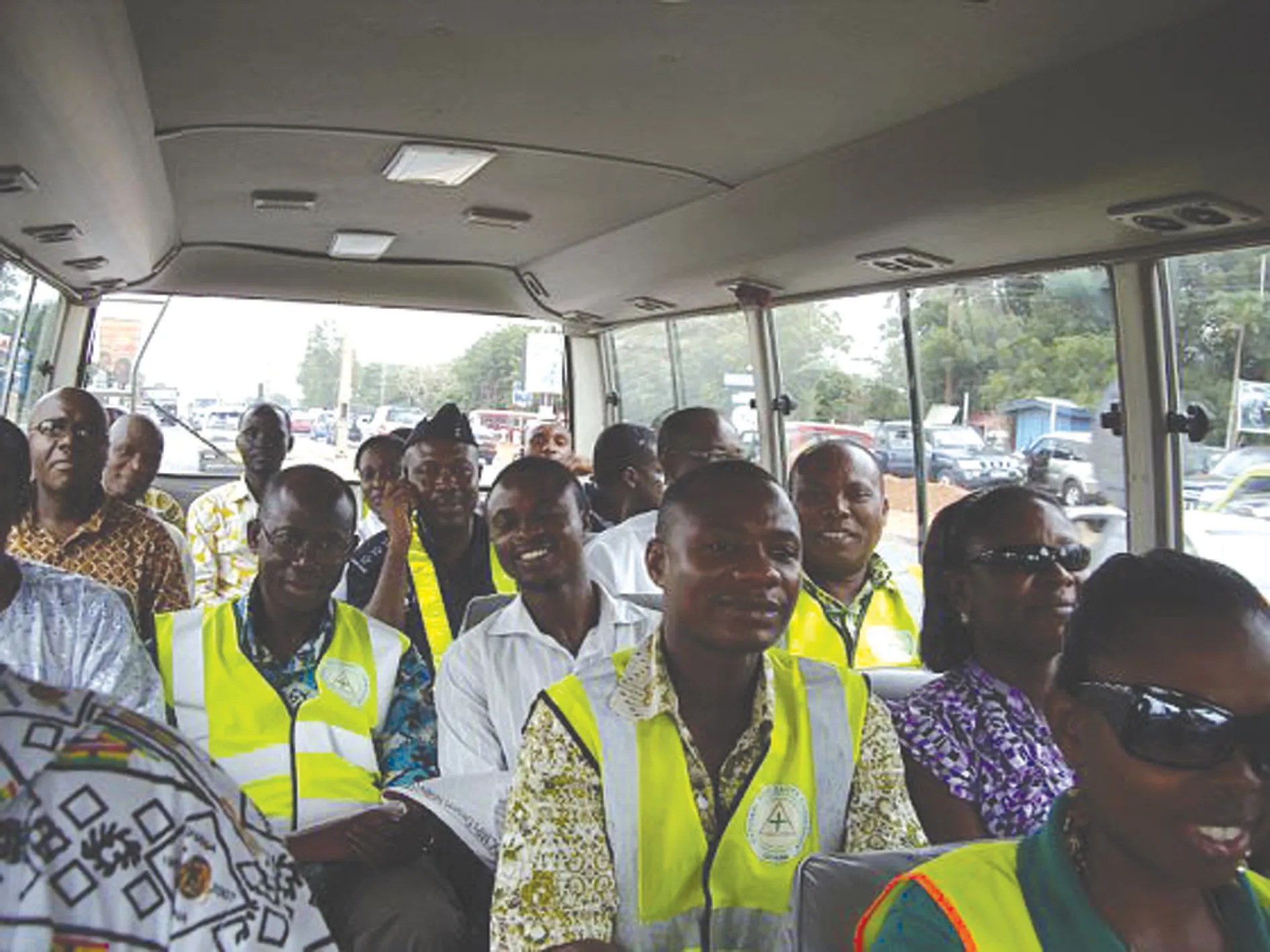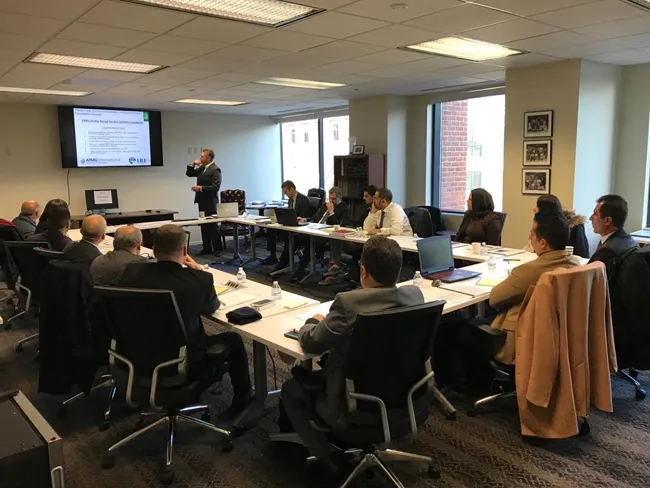The International Road Federation and the Qatar Transportation and Traffic Safety Centre (QTTSC) at Qatar University have partnered to deliver a series of Road Safety Training programmes taking place between now and April 2017
These courses have been carefully selected to reflect the specific traffic safety challenges of Qatar and other fast-motorising nations in the Middle East and North Africa. At the end of the cycle, participants will have an advanced understanding of the different diagnosis tools an
January 30, 2017
Read time: 2 mins
RSSThe 3918 IRF Washington and the Qatar Transportation and Traffic Safety Centre (QTTSC) at Qatar University have partnered to deliver a series of Road Safety Training programmes taking place between now and April 2017
These courses have been carefully selected to reflect the specific traffic safety challenges of Qatar and other fast-motorising nations in the Middle East and North Africa. At the end of the cycle, participants will have an advanced understanding of the different diagnosis tools and engineering solutions, and how these fit within broader national strategies.
Dr Khalifa Al-Khalifa, director of QTTSC, said, “The centre encourages and promotes continued development in road safety management, as part of the centre strategy to develop comprehensive road safety education and training programs in Qatar and the region. Together with the IRF team, the centre team is working in developing the body of knowledge and the set of skills and competencies that are required by road safety professionals in Qatar. This specific programme that we have designed with the IRF is truly unique in the region. At a time when Qatar, and many countries in the region have reaffirmed their attachment to reducing road traffic injuries, I encourage professionals from the region to take advantage of this opportunity to further enhance their safety management skills through exposure to cost-effective practices.”
The courses are scheduled as follows:
C15: Road Safety Management
December 12-14, 2016
C14: Vulnerable Road User Safety
February 7-9, 2017
C13: Intersection and Roundabout Design and Operations
February 26-28, 2017
C6: Road Safety Audit
April 3-6, 2017
These courses have been carefully selected to reflect the specific traffic safety challenges of Qatar and other fast-motorising nations in the Middle East and North Africa. At the end of the cycle, participants will have an advanced understanding of the different diagnosis tools and engineering solutions, and how these fit within broader national strategies.
Dr Khalifa Al-Khalifa, director of QTTSC, said, “The centre encourages and promotes continued development in road safety management, as part of the centre strategy to develop comprehensive road safety education and training programs in Qatar and the region. Together with the IRF team, the centre team is working in developing the body of knowledge and the set of skills and competencies that are required by road safety professionals in Qatar. This specific programme that we have designed with the IRF is truly unique in the region. At a time when Qatar, and many countries in the region have reaffirmed their attachment to reducing road traffic injuries, I encourage professionals from the region to take advantage of this opportunity to further enhance their safety management skills through exposure to cost-effective practices.”
The courses are scheduled as follows:
C15: Road Safety Management
December 12-14, 2016
C14: Vulnerable Road User Safety
February 7-9, 2017
C13: Intersection and Roundabout Design and Operations
February 26-28, 2017
C6: Road Safety Audit
April 3-6, 2017









